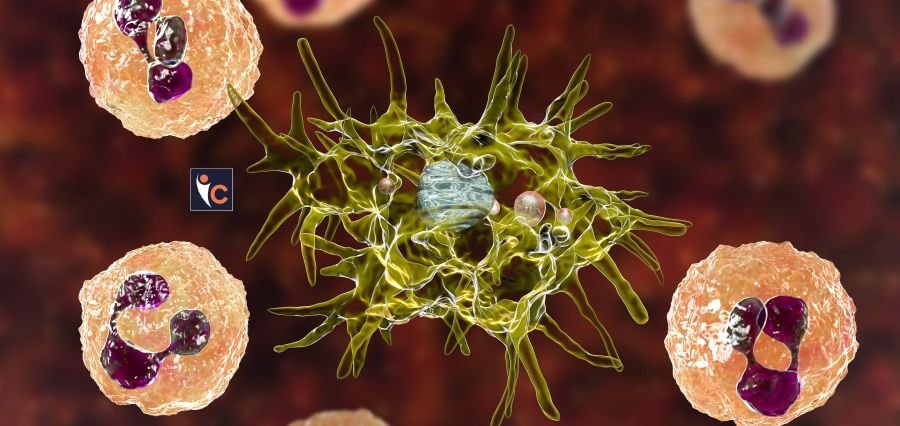According to a small study published in the journal Frontiers in Nutrition, consuming almonds may decrease some sensations of muscle soreness during exercise recovery and enhance performance in specific tasks. The study involved 25 mildly overweight middle-aged individuals who were assigned to consume 57 grams (two ounces) of whole raw almonds daily for eight weeks.
Following this period, participants underwent a 30-minute downhill treadmill run test to induce muscle damage, while a control group consumed a calorie-matched (86 grams per three ounces) snack of unsalted pretzels. The study aimed to assess how almonds influenced muscle recovery.
Researchers evaluated participants’ muscle function, blood markers of muscle damage and inflammation, and perceived muscle soreness using a visual scale before, during, and at three intervals following the treadmill test.
They also assessed markers related to cardiometabolic health, body composition, and psycho-social factors such as mood, appetite, and well-being at the beginning and after eight weeks of consuming almonds.
The researchers found that study participants who incorporated almonds into their diet experienced an approximate 25 percent decrease in muscle soreness during an explosive power exercise, specifically a vertical jump challenge, throughout the 72-hour exercise recovery period. This perceived reduction in soreness corresponded to enhanced muscle performance during the vertical jump challenge in the almond group compared to the control group.
Oliver C. Witard, Senior Lecturer at Kings College London, UK, commented, “Our study suggests that snacking on almonds can be recommended to occasional exercisers as a go-to food to aid in fitness recovery after intense exercise.” He further added, “Almonds are naturally nutritious, providing protein, healthy fats, and the antioxidant vitamin E, making them an ideal food for fitness.”
The researchers noted that there were no notable variances detected in assessments of cardiometabolic health, muscle damage or inflammation, mood state, or appetite between the almond group and the control group.
Participants in the study were non-smokers, mildly overweight, and engaged in occasional physical activity, but were not professional athletes.
However, the researchers highlighted a limitation of the study, cautioning that the findings may not be applicable to populations with different demographic and health profiles.
Read More: Click Here





